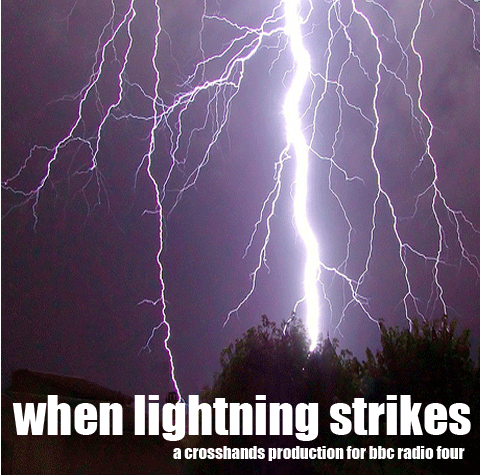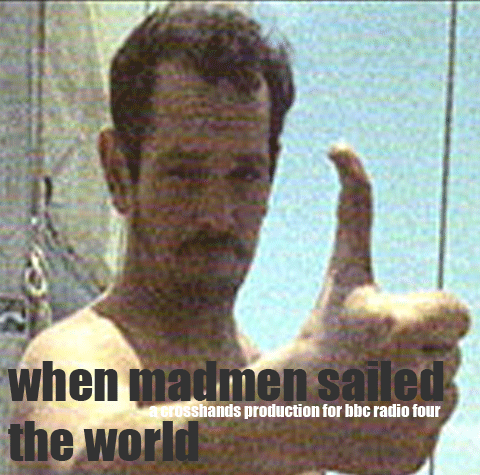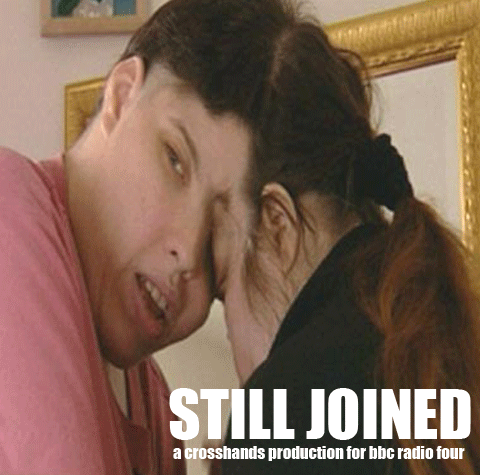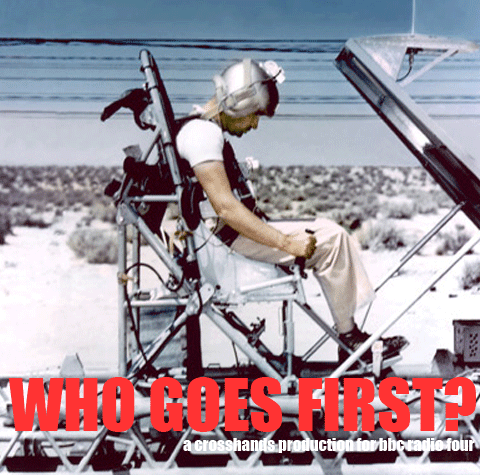Hindsight is a wonderful thing. And yes, it’s easy to be wise after the event. But in my previous post on the Gatwick drone incident I promised I’d suggest an alternative – and hopefully better – response to the one that prompted lurid headlines and landed Detective Chief Superintendent Jason Tingley in hot water with his Chief Constable and the Government.
The BBC News presenter asked him, you may remember, what turned out to be a trick question: “Are you even considering the possibility that there may not have been genuine drone sightings in the first place?”
By answering it the way he did – conceding the point – Det Ch Supt Tingley set a proverbial hare running which proved hard to stop. Denying the journalist’s contention outright wouldn’t have been advisable either because (mixing metaphors hopelessly) he’d have boxed himself into a corner if it turned out there wasn’t, in fact, a drone. My version doesn’t ignore the question but lets the facts speak for themselves and, in turn, allows the audience to draw its own conclusions.
Police officer: “We’re investigating more than a hundred sightings – not just from members of the public but from police officers and airport staff too. Some of those sightings may, of course, be duplicates (several different people reporting the same thing). Some may be genuine mistakes (people seeing what they think is a drone but which turns out to have been something else – a bird of prey for example). Some could be made up for malicious reasons. But all that said we have to act on the information given.
“Aviation is, quite rightly, a risk-averse industry. A collision between an aircraft and a drone could be calamitous. So we have a duty to do all we can to keep people safe. We exercise what we call the precautionary principle – better safe than sorry in other words. Now I understand that the impact of all this is huge and I’d like to add my apologies to those of the airport and airlines for the disruption caused. I’d also like to thank the public for their continued patience and understanding. I’d like to pay tribute to my police colleagues, airport and airline staff, the Civil Aviation Authority and now the Army for their hard work in getting Gatwick back to normal as soon as it’s safe to do so. And I’d like to reiterate my determination to bring those responsible to justice. Let me be absolutely clear. We are investigating a crime.”
Compare this to what Det Ch Supt Tingley actually said.
Now I fully accept I had several hours to carefully consider my response compared to the detective who almost certainly only had several minutes and was also shouldering heavy responsibilities as the SIO (senior investigating officer). That said the purpose of media and crisis communications training it to have the benefit of foresight. Foresight, of course, is not as good and never as accurate as hindsight but it’s certainly better than being blind-sided. Plan for the worst, hope for the best and be flexible.






